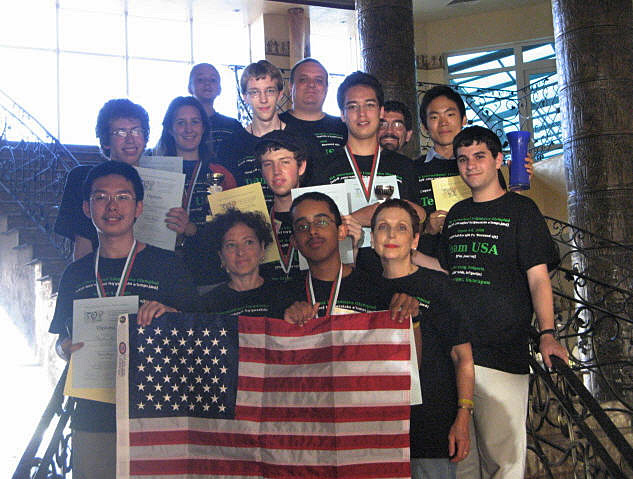Nicholas Lemann ("Conflict of interests: Does the wrangling of interest groups corrupt politics — or constitute it?", The New Yorker, 8/11/2008) is promoting an Arthur Bentley revival:
In a year saturated with political conversation, can there be any topic that has not yet been discussed? Well, here’s one: 2008 is the centenary of a curious and mesmerizing book that was long considered the most important study of politics and society ever produced by an American—“The Process of Government: A Study of Social Pressures,” by Arthur Fisher Bentley. The reason its big anniversary hasn’t been celebrated is that “The Process of Government” is an ex-classic, now sunk into obscurity. The reason it should be celebrated is not just that it deserved its former place in the canon but also that it is uncannily relevant to this Presidential election. […]
The University of Chicago Press brought out “The Process of Government” in 1908, to almost no notice. In 1911, Bentley quit Chicago and newspapering and moved to the small town of Paoli, Indiana, where he remained until his death, in 1957. He produced a series of increasingly abstruse books (sample title: “Linguistic Analysis of Mathematics”), and his renown grew steadily. His closest intellectual companion was John Dewey—a published collection of their correspondence runs to more than seven hundred pages—but Bentley’s papers, at Indiana University, also contain letters sent to him over the years by, among many others, Albert Einstein, Thomas Mann, Sidney Hook, Estes Kefauver, and B. F. Skinner.
If any book is more obscure than Bentley's 1908 The Process of Government, it must be his 1932 Linguistic Analysis of Mathematics. At least, I'd never heard of it, and it's not cited in e.g. Paul Benacerraf & Hilary Putnam, Philosophy of Mathematics, 1984; or Dale Jacquette, Philosophy of Mathematics, 2002; or George Lakoff and Rafael Núñez, Where Mathematics Comes From, 2001; etc. But reading Lemann's article made me wonder about it, and a quick internet search showed that Leonard Bloomfield reviewed this book, along with Bentley's 1935 Behavior, Knowledge, Fact, in Language 12(2): 137-141. (This issue is dated as April 1936 – June 1938, suggesting a more leisurely sense of time than journals generally have today.)
Read the rest of this entry »


